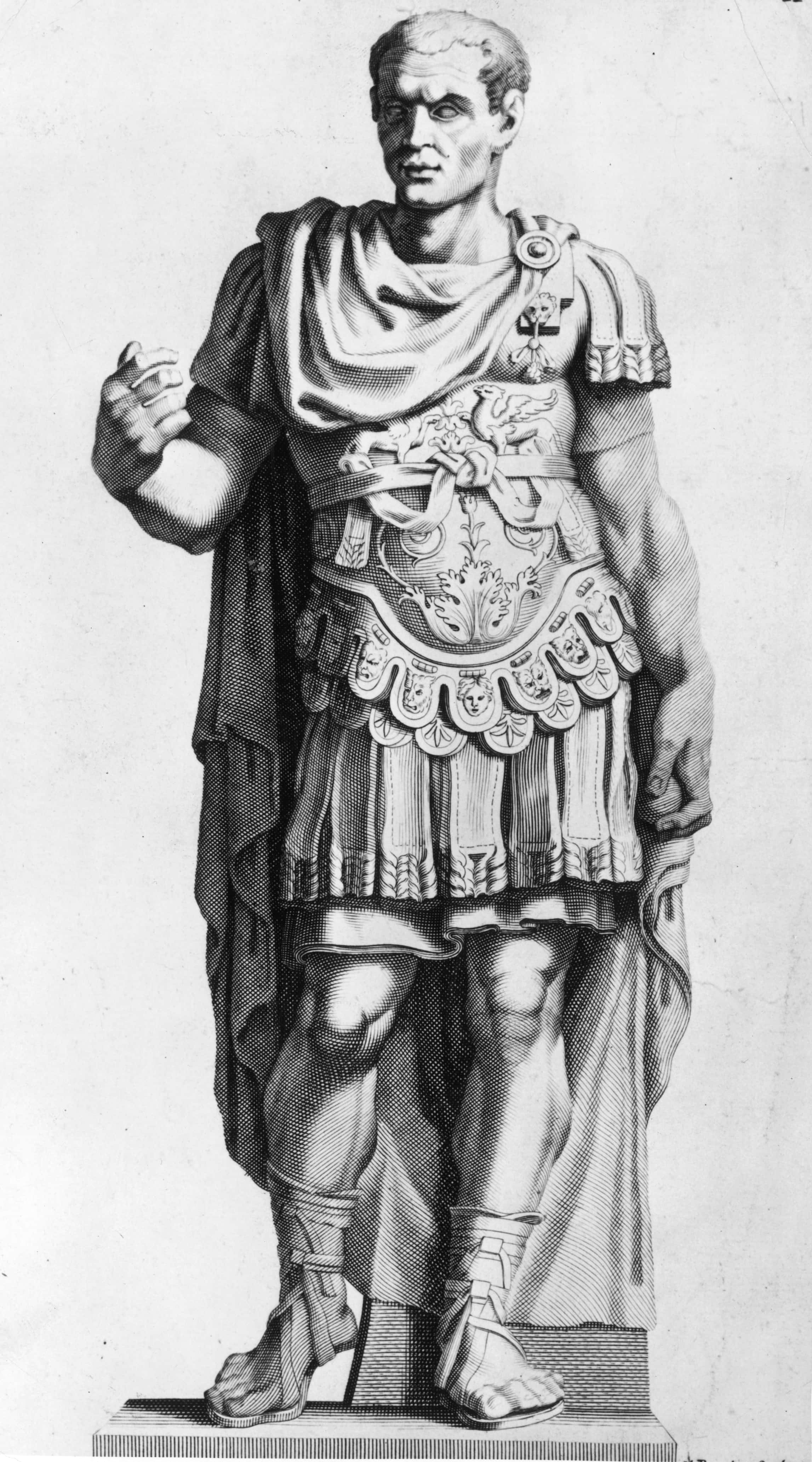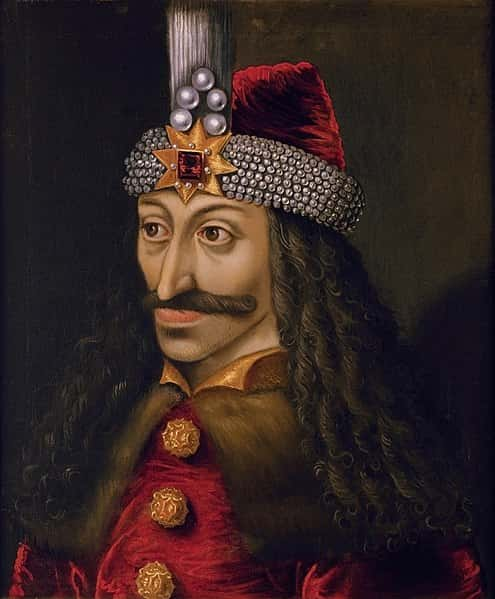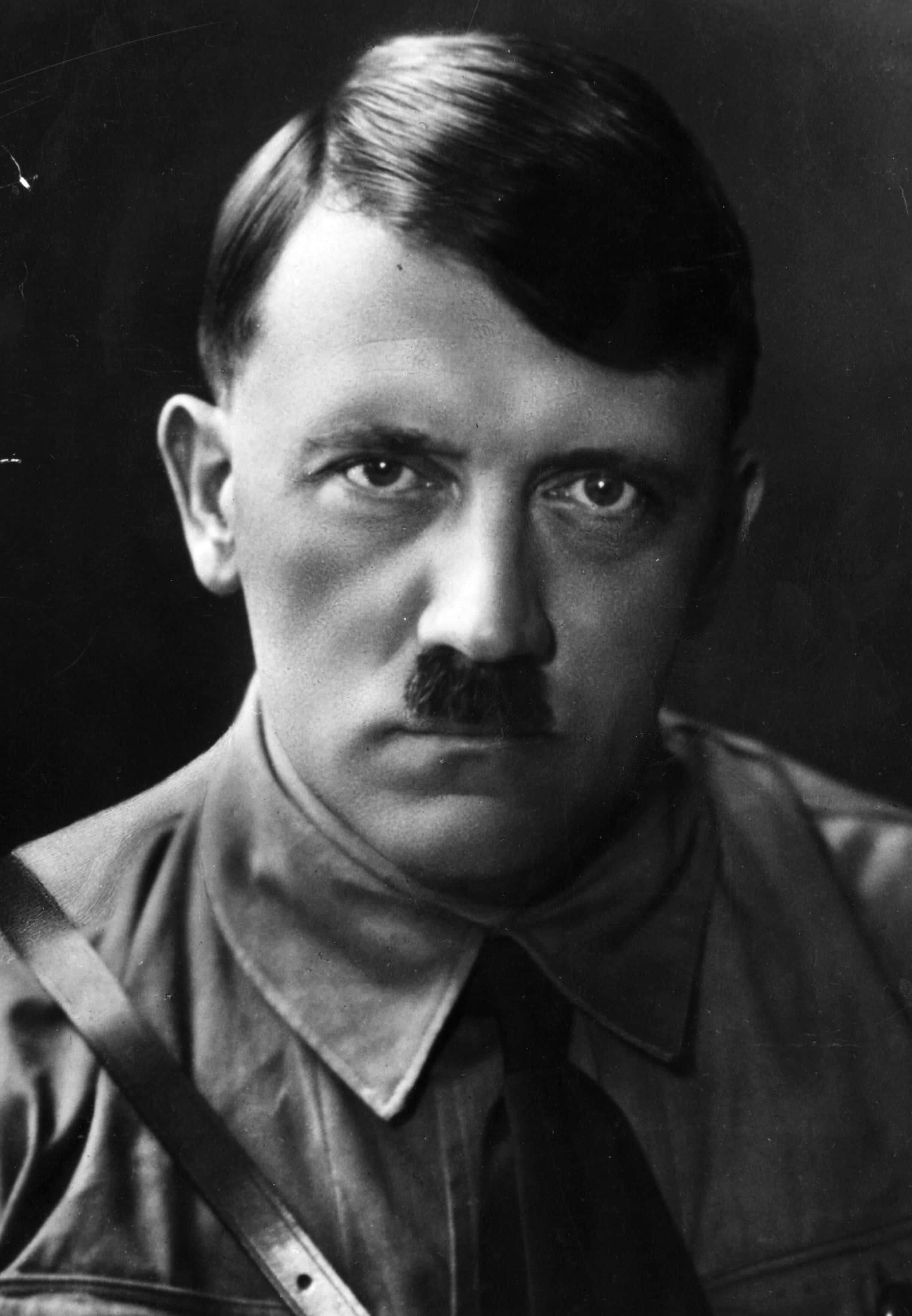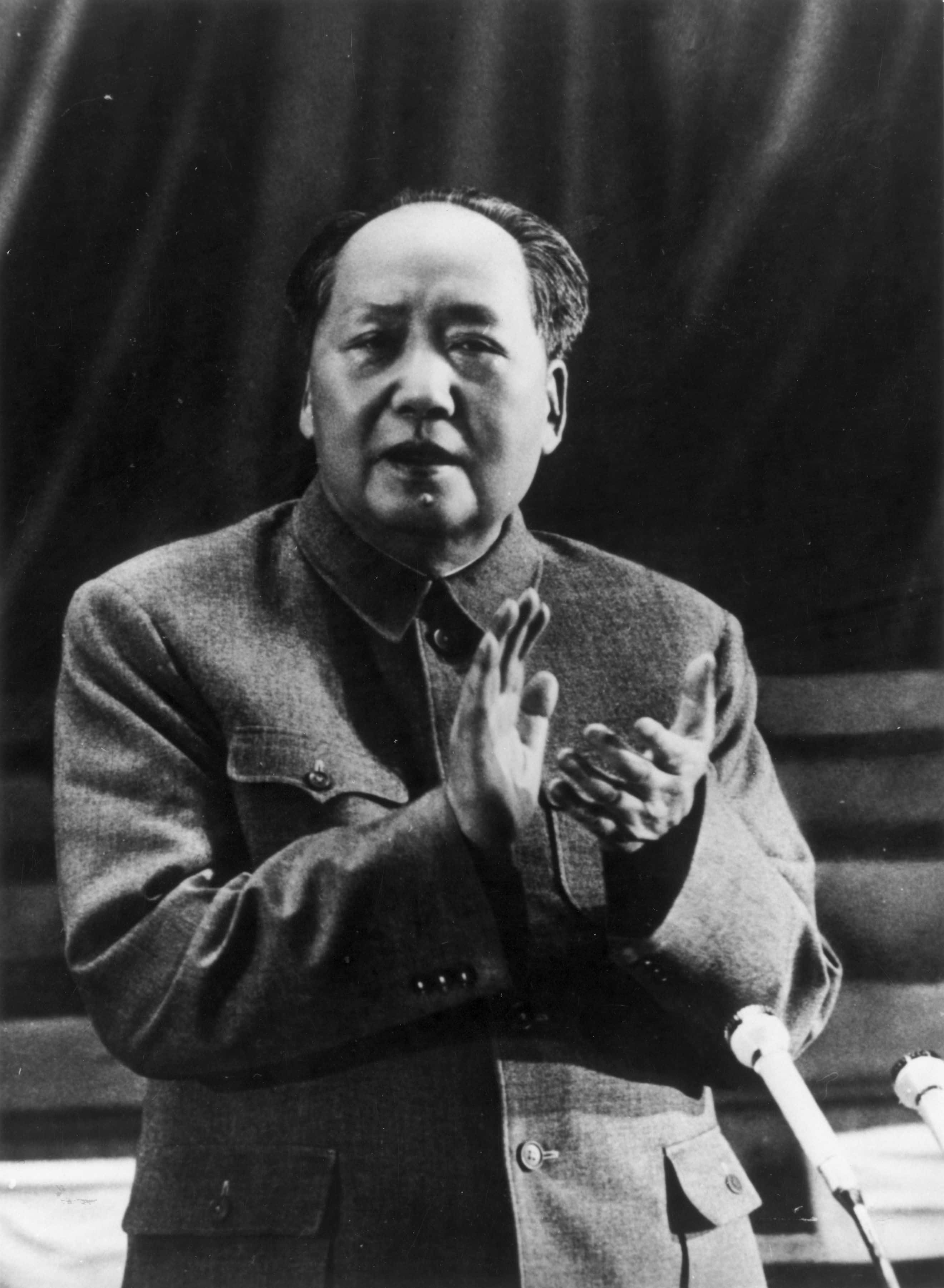'Unfit: The Psychology of Donald Trump': Julius Caesar to Mao Zedong, 5 famous malignant narcissists in history

History entails that some of the most powerful figures to inspire and shape the future that emerged had a narcissistic trait. Narcissism, an inflated sense of self-importance, affects more males than females and it stems from an unknown origin but likely involves both genetic and environmental factors. The phenomenon is most commonly observed in tyrants, who exercised their power mercilessly. Narcissism is also a classified psychological disorder under DSM-5 (Diagnostic Statistical Manual), which was recognized by Freud as the hardest personality type to analyze. In 1964, psychiatrist Erich Fromm recognized a pathology of narcissism known as 'malignant narcissism'.
The syndrome is characterized by narcissistic personality disorder (NPD) along with antisocial features, paranoid traits, and egosyntonic aggression. A malignant narcissist thinks he has something inherently special, with symptoms that include an absence of conscience, a psychological need for power, and a sense of importance. 'Unfit: The Psychology of Donald Trump', a new documentary by Dan Partland that analyzes the behavior of the 45th President of the US, touches upon the psychological phenomenon. Proficient psychologists featured in the film explain how malignant narcissism is responsible for great inhumanity throughout history, and like its symptoms to Trump's behavior.
Here are five historical figures whose malignant narcissism became their defining point:
Julius Caesar

Caesar, who is typically referred to as Caligula, reigned as Emperor of Rome for four years. Initially revered and loved by the Italians, who thoroughly hated his predecessor Tiberius, Caesar took advantage of his new-found fame and love and capitalized on it by ravaging the national treasury. He gave bonuses and huge pensions to soldiers and the Praetorian Guard to buy their loyalty. But it wasn't long before his reign erupted in utter chaos, and there are multiple theories that speculate the cause. One theory is that he suffered brain damage during a serious fever. Caesar would act on his impulsiveness and saw no problem in getting rid of those he hated, either by means of murder of exile under the pretense that they posed a threat to society. He would cease their estates for the good of the republic.
Once he realized he could get away with it, Caesar only used it to his benefit. He was perversely hypersexual, indulging in public incest with his sisters at banquets, but in addition, he loved watching people suffer. Anyone that offended was as good as dead, and their deaths were never easy. He found a sick sense of thrill in torturing his victims and would enjoy the sight in front of him as his favorite killing machine, a saw, would give him his entertainment. Caesar was a huge fan of the gladiatorial games, especially the event where man-eating lions would square off in front of unarmed convicts. On one occasion when the gladiator schools had run out of gladiators and the prisons had no convicts, he decreed that the first five rows of spectators be dragged into the arena and watched in pleasure as they were mauled to death.
Explaining his actions before the senate, who asked him if he was afraid of the public's insurgence against him, he replied, "I do not fear anything. Let them hate me, provided that they fear me.” The Praetorian Guard, fully aware of what was going on, was growing tired of Caesar and his disgusting abuse of office. He did nothing for the good of Rome, but only acted for himself and coveted the whole world's hatred of him. In January of 41 AD, as he was leaving Circus Maximus, the venue of the gladiatorial games, Caesar was surrounded by the Praetorian Guards, led by Cassius Chaerea, who Caesar would often insult for his high-pitched voice. The Roman Emperor was stabbed 30 times and died in a pool fo his own blood. His guards ran to his aid but were too late and took out their anger on innocent civilians, instead of the Praetorian assassins who had fled.
Vlad III, Prince of Wallachia

The Prince of Wallachia is historically remembered as Tepes, the Romanian word for 'impaler'. He is guilty of crimes so malicious and gruesome that he went onto become the basis for mythological Count Dracula. Vlad III lived in the Wallachia and Transylvania areas of Central Romania in the 15th century, and the period would be deemed as a reign of terror. Vlad also had a similar bloodlust and the psychotic tendency to kill his victims by extracting the maximum amount of pain while keeping them alive for as long as possible, by impaling them through the belly or chest. He derived sadistic pleasure from watching people suffer, begging for their lives, hearing them scream, and then dying.
During that time period, the kingdom had been at war with the Ottoman Empire and when Mehmed II sent emissaries seeking a truce, they had refused to take off their turbans to show respect to Vlad, as it was extremely insulting for a Muslim. So, Vlad, had his men nail the emissaries' turbans to their head, killing them and sent them back to Mehmed. Everywhere he conquered and invaded, he impaled surviving soldiers and civilians, including infants. In a show of power, Vlad invaded Bulgaria and killed 23,884 Turks, most of whom he impaled and then burned down the whole city, all for the sake of provoking Mehmed. At one point Vlad ran out of money and appealed to a Hungarian friend for help, who promptly imprisoned him possibly out of the fear for the safety of his country. There Vlad relished in impaling all the rats he could find.
When he was released in 1474, he tried to start another war but was assassinated and beheaded. The total number of people he killed has been estimated to be anywhere between 40,000 to 100,000, most of whom he impaled for his own pleasure. He is considered a national hero in Romania.
Adolf Hitler

Hitler had an exceptional combination of aggression, rage, sociopathy, sadism, and malice that fueled his malignant narcissism. He was a ticking timebomb himself. Besides that, he was the king of manipulation and a control freak and his co-dependents were the true victims. He managed to make them do all sorts of things and easily became the exterminator of a whole race. Hitler had the exact traits of a narcissistic person. For one, he loved himself more than anything, and blamed others for his own action, never feeling any guilt weighing him down. His greed for power highlights his narcissistic trait. Hitler not only demonized the Jews but he spotlighted them as being powerfully evil by conjuring a narrative for his followers that implied that if they weren't destroyed then the Germans would be destroyed. He was greatly influenced by notions of social Darwinism as a group competition, with no sense of proportion.
Robert John Maudsley

Maudsley was the primary inspiration behind Thomas Harris' Hannibal Lecter. Although not smart or educated as the character based on him, he was pretty much a monster and the definition of a pure psychopath. However, he did not kill for enjoyment as his psychological evaluators have determined. His reason for carrying out the murders was because he felt it is his duty. Th every existence of another person was enough of a reason for Maudsley to want to kill that person. His sociopathy stems from being abused as a child by both his parents, and Maudsley claimed that he was raped by his father before social services. When he was held at Broadmoor Hospital for the Criminally Insane, he was surrounded by pedophiles, and he decided he would take it upon him to kill as many of them as he could.
He and another inmate captured one pedophile, locked themselves in his cell, and tortured him to death. Maudsley earned the nickname 'Hannibal the Cannibal' after he ate some of the prisoner's brain with a spoon. In 1978, when he was transferred to Wakefield to the 'Monster Mansion' where the most violent prisoners in the UK are held, he lured a rapist into his cell and stabbed and strangled him. Many of his inmates would later go on to testify that they "saw death in his eyes." Maudsley would never be deterred. Instead, he would walk around prison until he found a random prisoner alone, stabbed him, and bashed his head against the wall. He would then walk into the guardroom smiling and laughing, and give them the murder weapon,
Guards and other inmates were terrified of him escaping. In 1984, when a new guard attempted to open his cell, Maudsley laughed and told him, “Look, if you come in here, I’m going to have to kill you. It’s not personal. I don’t hate you and I’m not angry. It’s just something I’ll have to do.” The prison’s psychiatric experts labeled Maudsley “100% psychopath. He only regards the rules of society because, in his case, those rules are made of brick.”
Mao Zedong

Mao Zedong, the Chinese communist revolutionary who became the founding father of the People's Republic of China (PRC), suffered from multiple personality disorder and exhibited psychopathology, narcissistic personality disorder, and paranoid personality disorder. He breezily declared that half of China may have to die for him to realize his vision of China as a new society and leading world power. He derived great pleasure from extreme violence, and his vision for the country was a reflection of his psychopathology. “Of course, there are people and objects in the world,” Mao once wrote, “but they are all there only for me.”
While his vision for China may have seemed simplistic, it was essentially a narcissistic fantasy. His version of communism promised equality, an end to exploitation, and a future society based on justice, but it only served as the propaganda cover for Mao to emerge as a prominent political figure. His vision, though, had less to do with equality and more to do with unending violence and total oppression of the Chinese nation. In his 27-year-old rule, he achieved and maintained his power by inciting terror and thuggery which he unleashed upon farmers, businessmen, those with high-level education, suspected enemies within the parties, and 'enemies of the revolution'. Mao insisted that in China nobody could watch from the sidelines, and everybody had to have blood on their hands.
Under his orders, campaigns of mass murderers were held where civilians were forced to participate in killing their neighbors, work colleagues, and friends. On the 100th anniversary of his birth, a group of dissidents wrote a letter titled '‘An Appeal for the Removal of the Corpse of Mao Zedong from Beijing’, in which they wrote: "Mao instilled in people’s minds philosophy of cruel struggle and revolutionary superstition. Hatred took the place of love and tolerance; the barbarism of ‘It is right to rebel!’ became the substitute for rationality and love of peace. It elevated and sanctified the view that relations between human beings are best characterized as those between wolves."
Unfit: The Psychology of Donald Trump' will be available on-demand on September 1.










